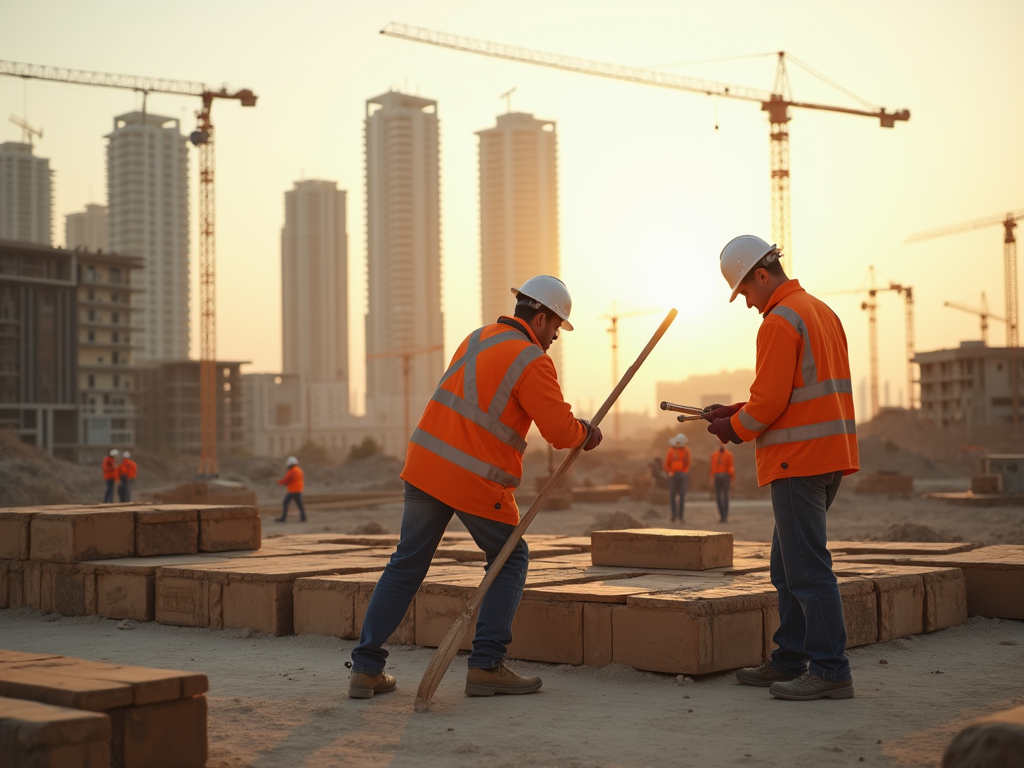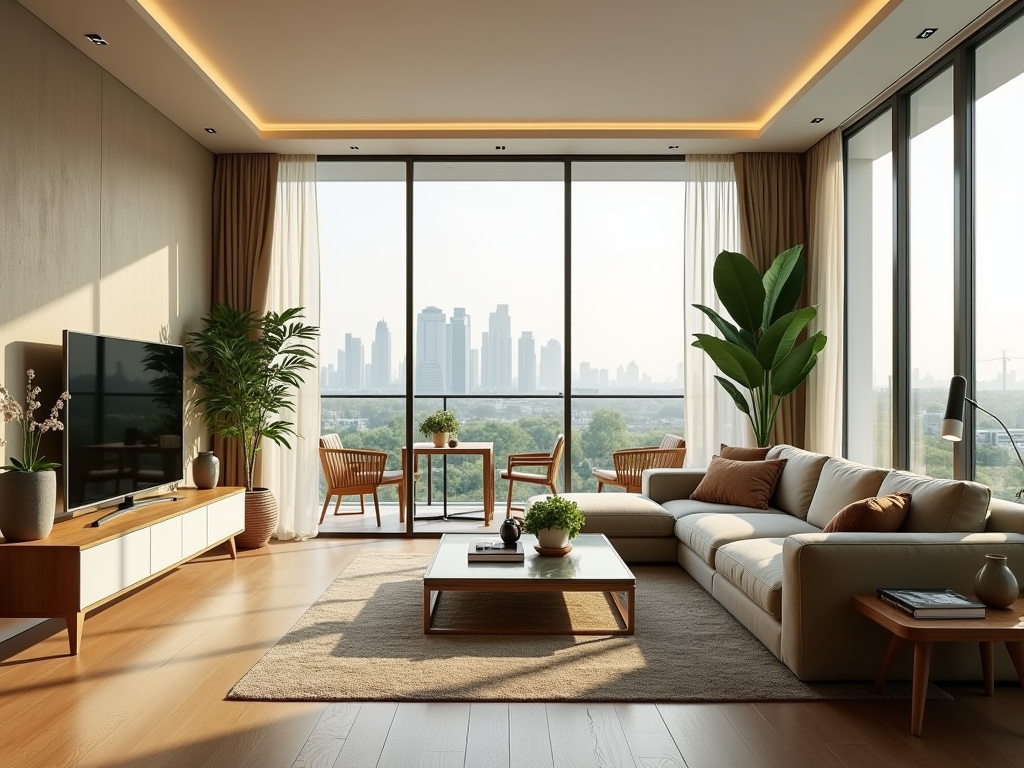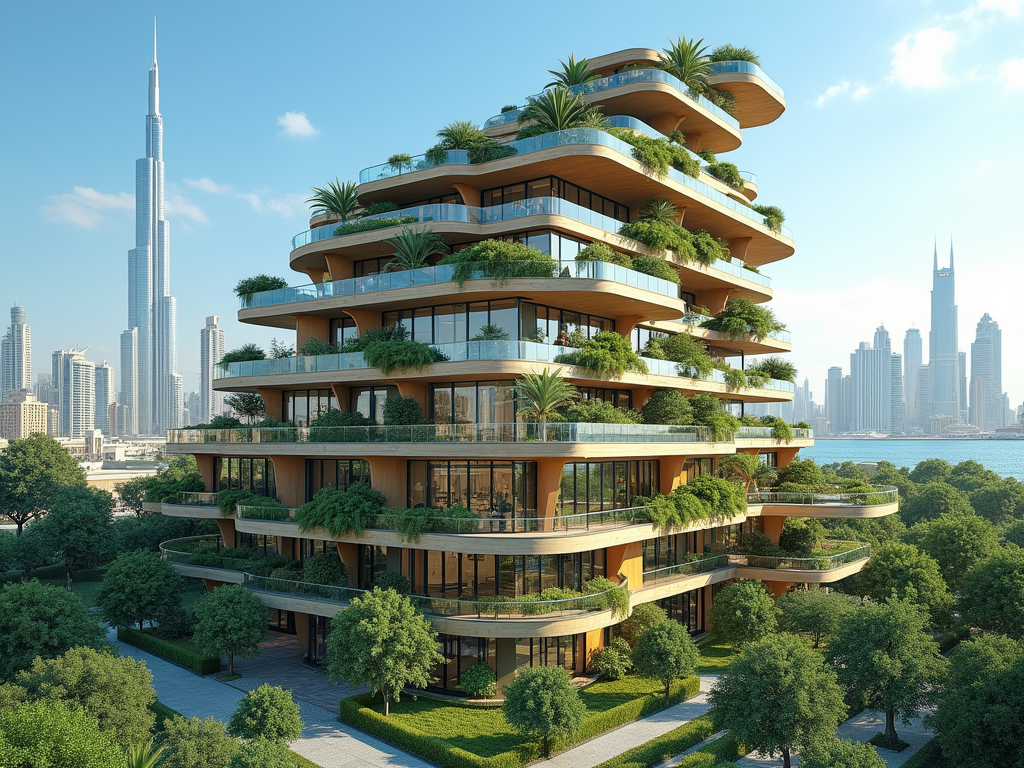As global awareness of environmental issues increases, Dubai’s real estate developers are embracing sustainable building practices to meet modern demands. This adaptation involves various strategies designed to improve energy efficiency, minimize environmental impact, and align with the UAE’s vision for sustainable development. Developers are implementing innovative technologies and materials in their constructions, promoting green living and attracting environmentally-conscious buyers. The seamless integration of sustainability into design and construction is not only a response to legislative changes but also a proactive approach to enhancing Dubai’s urban landscape. In this article, we delve into the approaches adopted by Dubai’s developers to align their projects with sustainable building trends.
The Push for Sustainable Development

The drive towards sustainable development in Dubai is fueled by the emirate’s focus on diversification beyond oil and gas and its commitment to becoming a global hub for innovation and sustainability. Key factors influencing this shift include:
- Government Initiatives: The Dubai government has launched various initiatives like the Dubai Sustainable City and the UAE Vision 2021, aiming for substantial improvements in sustainability.
- Global Trends: A rise in global consciousness regarding environmental conservation and climate change has pushed developers to incorporate sustainable building practices.
- Market Demand: There is an increasing demand from buyers for properties that offer energy efficiency and reduced environmental footprints.
The culmination of these factors has led developers to rethink traditional building practices, integrating sustainability into every stage of development from planning and design to construction and operations.
Innovative Sustainable Building Practices

Dubai’s real estate developers are exploring a myriad of sustainable building practices that offer long-term benefits and align with environmental goals. Some of the key practices include:
- Green Materials: Using sustainable building materials, such as recycled steel, bamboo, and reclaimed wood, simplifies construction while reducing overall carbon footprints.
- Energy-Efficient Systems: Incorporating solar panels, energy-efficient HVAC systems, and smart home technologies helps to minimize energy consumption in buildings.
- Water Conservation: Implementing water-saving fixtures and systems, coupled with greywater recycling, plays a vital role in reducing water usage.
- Urban Green Spaces: Developers are increasingly focused on creating green spaces within developments to enhance biodiversity and improve the quality of life for residents.
These innovative practices not only serve to elevate building standards but also foster a sense of community and responsibility towards environmental preservation.
Technology plays a crucial role in facilitating the transition to sustainable building practices in Dubai. Cutting-edge technologies are being implemented by developers to enhance building performance and sustainability. Notable innovations include:
- Building Information Modeling (BIM): BIM technology allows for precise modeling of buildings before they are constructed, leading to optimized resources and minimized waste.
- Smart Grids: The integration of smart grids enables better energy management, allowing buildings to balance energy supply and demand efficiently.
- Energy Monitoring Systems: Advanced systems for monitoring energy use help property managers identify inefficiencies and implement adjustments that conserve energy.
These technologies empower developers to build more efficiently, ultimately contributing to sustainable urban growth in Dubai, while also supporting the city’s goals for enhanced quality of life for its residents.
Challenges and Opportunities
While Dubai’s real estate developers pivot to sustainable building practices, they face several challenges that need addressing. Some of these challenges include:
- Initial Costs: The initial financial outlay associated with sustainable building practices can deter some developers, despite the long-term savings.
- Regulatory Hurdles: Navigating complex regulations and obtaining necessary approvals for sustainable initiatives can be a time-consuming process.
- Market Readiness: Although demand for sustainable buildings is rising, some segments of the market are still hesitant to fully embrace these advancements.
Despite these challenges, the opportunities presented by sustainable development are substantial. With a growing emphasis on eco-conscious living, developers who prioritize sustainable strategies can differentiate themselves in a competitive market while contributing positively to the environment.
Conclusion
In conclusion, Dubai’s real estate developers are progressively adapting to sustainable building trends, driven by a combination of government initiatives, market demands, and global sustainability imperatives. By implementing innovative building practices and harnessing technology, these developers are transforming the urban landscape of Dubai into a more eco-friendly and sustainable environment. While challenges remain, the opportunities for growth, differentiation, and positive environmental impact are profound, positioning Dubai as a leader in sustainable real estate development.
Frequently Asked Questions
1. What is sustainable building?
Sustainable building refers to designing and constructing buildings that minimize environmental impact, using resources efficiently, and integrating energy-efficient systems.
2. How are Dubai developers integrating sustainable materials?
Developers are using green materials such as recycled steel, bamboo, and sustainable timber to reduce environmental impact and enhance the performance of their buildings.
3. Are there any financial incentives for sustainable building practices in Dubai?
Yes, the Dubai government offers various incentives and schemes aimed at encouraging sustainable development, which can offset initial investments.
4. What technologies are most commonly used in sustainable building practices?
Some common technologies include Building Information Modeling (BIM), smart energy monitoring systems, and smart grid technologies.
5. How can sustainable buildings benefit residents?
Sustainable buildings often provide lower utility bills, improved air quality, and enhanced comfort due to better architectural designs and energy management systems.
